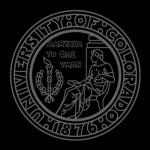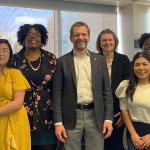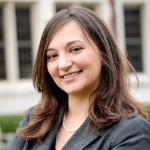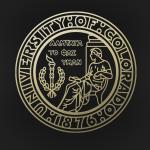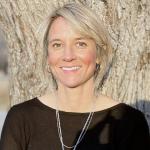Six outstanding biomedical researchers at the University of Colorado are members of the Boettcher Foundation’s 2023 class of Boettcher Investigators, recipients of grant funding through the Boettcher Foundation’s Webb-Waring Biomedical Research Awards Program.
Kathryn D. Boyd-Trull, M.D., faculty member at the University of Colorado Anschutz Medical Campus, is the recipient of the 2023 Chase Faculty Community Service Award, which recognizes her yearslong commitment to helping vulnerable community members overcome transportation, financial and cultural barriers to accessing vital health care.
Recipients of the 2022-23 President’s Diversity, Equity and Inclusion Awards last week were celebrated at a reception at 1800 Grant St. Recipients of the 2023 President’s DEI Grants also were honored at the April 20 event.
President Todd Saliman – along with the Office of Academic Affairs and the Open CU Committee – recently honored the four recipients of the 2023 Open Educational Resources (OER) Champion Awards. The honor celebrates an educator from each of the four CU campuses who contributes to the open educational movement through the creation of open access learning materials, and in so doing, increases OER awareness and interest in exploring, adopting and creating OER to benefit CU students.
CU President Todd Saliman is pleased to announce the President’s Diversity, Equity and Inclusion Awards, annual recognition for individuals and units demonstrating outstanding commitment and making significant contributions to advancing diversity, equity and inclusion (DEI) across CU. President Saliman and the Diversity, Equity and Inclusion Awards committee announced the 2022-23 award and honorable mention recipients ahead of an awards reception scheduled for April 20 at 1800 Grant St.
When Elizabeth Pugliano, Ph.D., is teaching students, they’re not the only ones who are learning. She is, too. “I am constantly learning through teaching, both about what I teach and how it might be taught,” said Pugliano, a senior instructor of art history in the College of Arts & Media at CU Denver.
The University of Colorado has announced two new Distinguished Professors, Jean S. Kutner and Karolin Luger, bringing the 2022 cohort total to nine. CU Distinguished Professors are tenured faculty members who demonstrate exemplary performance in research or creative work; a record of excellence in promoting learning and student attainment of knowledge and skills; and outstanding service to the profession, the university and its affiliates.








